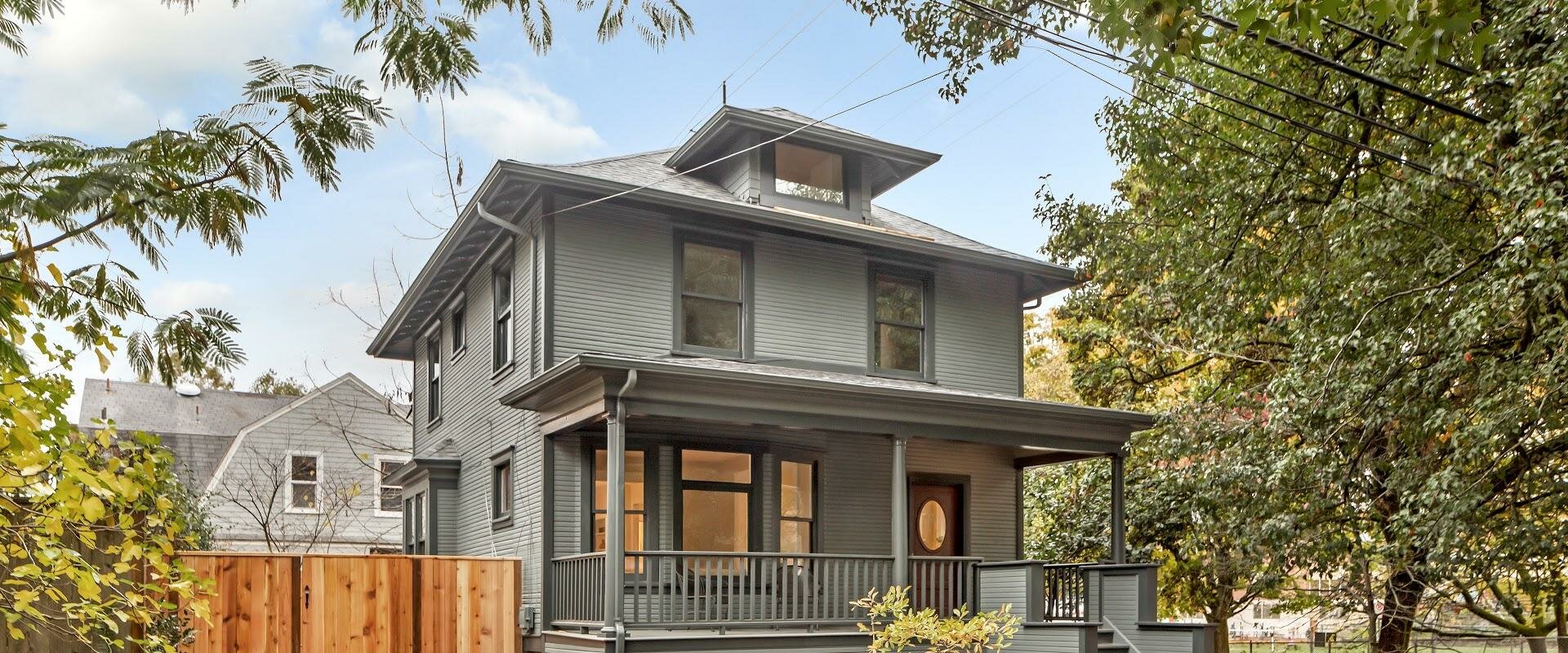Whether you’re a seasoned real estate investor in Seattle, just getting started with your first rental, or considering selling a property you’ve held for a while, understanding the tax implications—especially capital gains taxes—is essential to protecting your profits and planning strategically.
In this article, we’ll break down what capital gains taxes are, how they apply specifically to investment properties, how they differ from the taxes you pay on your primary residence, and what steps you can take to prepare for a sale. While this is a helpful guide, keep in mind that tax laws vary by location, individual circumstances, and ownership structure, so it’s always best to consult a qualified accountant or tax attorney before making any final decisions.
Different Types Of Tax For Different Types Of Income
When you sell an investment property for more than you paid for it, the profit is considered a capital gain. This gain is subject to capital gains tax. For example:
-
Purchase price: $300,000
-
Selling price: $400,000
-
Capital gain: $100,000
That $100,000 is not taxed as regular income. Instead, it falls under the capital gains tax system, which typically has its own set of rates and rules depending on how long you held the asset and your total taxable income.
What Are Investment Property Taxes Capital Gains?
Let’s start back at the basics: When you buy a property, you pay a price; when you sell a property, you get what the next buyer pays you. The difference between the price you bought the property for and what you sold the property for is the capital gain. Let’s say you bought the property for $100,000 and you sold it for $125,000. The capital gain is $25,000 and this is the income that is taxed at the capital gain rate.
Why Do Capital Gains Have A Different Rate?
Capital gains tax rates are usually less than the rate you pay for your regular income. There are a couple of reasons why capital gains are taxed differently: one of the reasons is because the gain can be quite substantial on a piece of real estate so a normal tax rate can be quite prohibitive to pay, so a capital gains tax rate is like keeping extra money in your pocket. The other reason is because the government wanted to encourage the buying and selling of assets (which is good for the economy) so they provided an incentive (a lower rate) to do so.
Capital Gains on Investment Properties vs. Primary Residences
If you’re selling a property you live in, the IRS (and equivalent agencies in other countries) often allows you to exclude a significant portion of your gains:
-
In the U.S., for example, single homeowners can exclude up to $250,000, and married couples up to $500,000, if they’ve lived in the home for at least two of the past five years.
This exemption does not apply to investment properties like rentals, vacation homes, or flips—though there are exceptions and strategies, such as converting a rental to a primary residence, that might help reduce your tax burden. Again, professional advice is key here.
Why Capital Gains Are Taxed Differently
The government taxes capital gains at preferential rates for two key reasons:
-
To encourage long-term investment – Long-term asset ownership contributes to market stability and economic growth.
-
To avoid overly penalizing profit from inflation – If you bought a property decades ago, some of the gain may simply reflect inflation, not true income.
For investors, these lower rates are a benefit—but they still represent a significant cost that must be planned for.
Want Help Navigating Capital Gains on Your Investment Property?
Real estate investing is a powerful wealth-building tool—but it comes with complexities, especially when it’s time to sell. If you’re in Seattle and have questions about how capital gains taxes will affect your bottom line, we’re here to help.
Whether you need a referral to a trusted tax attorney or want to speak with a real estate professional about timing your sale, reach out today.
📞 Call us at (253)289-7220 or [click here] to connect with our team.

